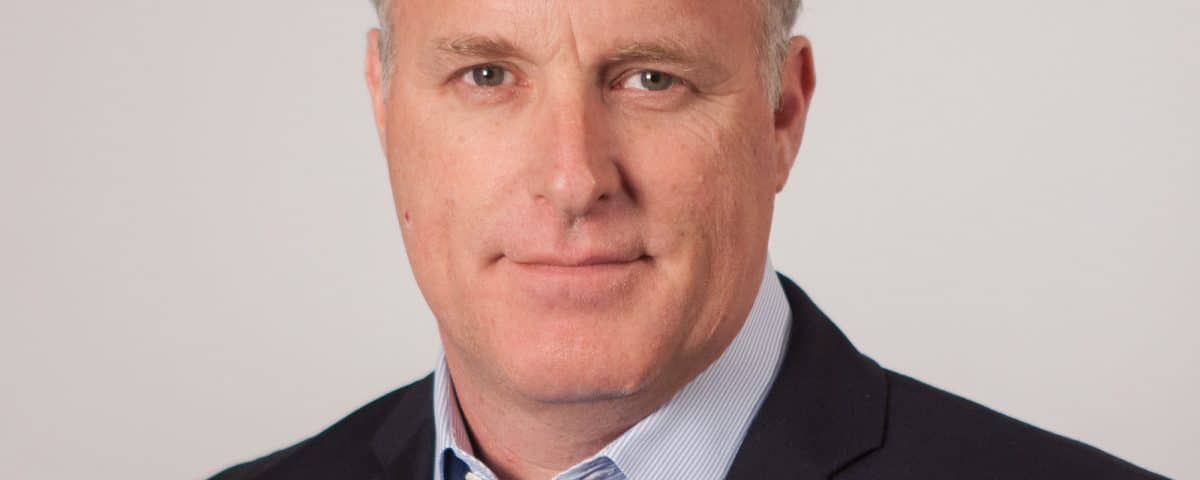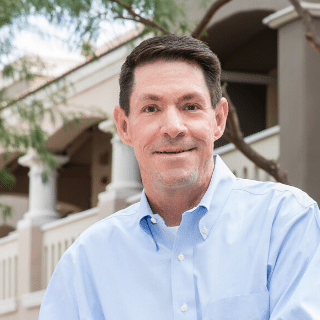With so many people quitting, don’t overlook those who stay
March 17, 2022Microsoft wants you to build your next game in the cloud
March 23, 2022By Verne Harnish
When David Williams discovered what is now called the Scaling Up platform in 2002, his marketing services company, Merkle, was bringing in $35 million in annual revenue. He scaled the company to $1.2 billion in annual revenue and sold part of the Columbia, Md.-based company to the giant Japanese ad agency Dentsu Aegis Network in 2016 and the remainder in 2020 for a substantial 10-figure exit.
How did Williams pull it off? He spent two decades mastering the Scaling Up platform (then called the Rockefeller Habits). “To really put it in practice at scale over long periods of time, there’s an unbelievable amount of nuance in it,” says Williams. “That nuance is what we thrived on.”
Here’s how Williams and his team put the platform to work for them.
Leaders are readers
Williams, whose background is in the finance world, bought Merkle, founded in 1971, from the previous owner in 1988. It was then a 25-person firm generating $2.5 million in annual revenue. At the time, Merkle was a data processing company, acting as the tech arm of a publicly traded printing company called Merkle Press. Merkle Press printed major publications such as Sports Illustrated and Time magazine and managed their mailing lists.
Under Williams’ leadership, Merkle pivoted into the direct marketing world, where it focused on producing catalogues for clients such as Dell, Geico, MCI and the Scooter Store, as well as solicitations for credit card companies. “That business grew rapidly, and we capitalized on that growth,” says Williams.
Williams was an avid reader and student of business, immersing himself in the ideas of Jack Welch and Jim Collins. When his clients at the Scooter Store introduced him to my book Mastering the Rockefeller Habits, the early foundation for the Scaling Up platform, he and his team devoted thousands of hours to understanding and applying the key concepts—such as the 4 Decisions every company must get right (People, Strategy, Execution and Cash)—and attended some of our workshops on the Rockefeller Habits. “We were our own students and teachers,” he says.
Building a foundation for attracting the right people
With ambitions to scale the company significantly, Williams saw Scaling Up as the management system he needed to recruit the right people and sustain them through the company culture.
“Culture was our competitive advantage,” he says. “It drove all of our decisions. It drove how we treated people. It drove the meritocracy of the cultural norms we wanted to create. What Scaling Up describes are the behaviors that drive cultural norms.”
To build a strong culture, the company put principles and beliefs in place that guided its People decisions, avoiding rules and bureaucracy. The number one belief was that business is personal.
“All my friends were at Merkle,” says Williams. “We care about each other. We’re committed to each other. These are people’s careers. Their careers are important to them. If we run a great company, we’ll create a lot of opportunity for a lot of people.”
However, Williams also understood that people had to perform well for the culture to work. “Results matter,” he says. “You’ve got to be able to do the job. Unfortunately, I’ve had to fire some of my best friends, but they’re still my friends for the most part.”
Embracing the “Big” in BHAG
When Williams and his team initially put their strategy into place, they created a one-page plan for the company and had each of the top 700 people in its hierarchy create one for themselves.
Williams and his team embraced an extremely ambitious Big Hairy Audacious Goal (BHAG): Breaking $1 billion in annual revenue. “We knew we were doing what 99% of entrepreneurs can’t do or don’t want to do,” says Williams. “We rallied around the idea we will work on this over a very long period of time. This isn’t about next Thursday.”
To support their BHAG, they set Core Values that Williams and his team considers innate to people’s personalities. “You’re either curious or you’re not,” he says. “You either have integrity or you don’t.”
Drafting a Netflix-style culture guide
To reinforce the Core Values, Williams and his team created a culture guide similar to Netflix’s. This digital and physical book describes the company’s culture and values.
“We wanted to create a polarizing culture,” he says. “I want you to feel you belong here or you don’t. There are roughly 200 million working adults in the U.S. We don’t need them all to choose Merkle. We only need some to choose Merkle.”
Committing to Daily Huddles
Williams and his team kept a keen eye on Execution, focusing on four metrics they considered critical and tracking them over the years: organic growth, EBITDA margin, customer satisfaction and employee satisfaction. These cascaded down through the company, with managers tracking individual employees’ performance in helping to achieve these four numbers. If, for instance, the company set a goal of delivering 29% of its tech hours offshore every year, Merkle would track the progress of the manager who ran that piece of business. The manager, in turn, would track the progress of direct reports who contributed to it. To keep employees accountable, the company linked 50% of compensation to the company’s performance, 25% to group performance and 25% to individual performance.
With the goal of keeping everyone aligned, Williams instituted Daily Huddles at 8:45 am, as well as a four-hour executive meeting every Monday. “I don’t care where you are in the world,” says Williams. “You’re doing the meeting.”
Cash is king
With Merkle doing so many things right, cash was never a problem. The company grew revenue by 23% a year for 32 years. “We never had a down year of profit or revenue growth,” says Williams.
Williams believes this is because of the company’s focus on sustainable growth. “Too many people are too short-term focused,” he says. “If you look at the value we created, the first 15 years were nice but the last 15 were unbelievable. People don’t realize Google was founded in 1998. It takes time to build a great company.”
Once Williams sold the company, he stayed on as director at Dentsu International, a 45,000-employee, global company—“I’m in love with business as much as I love marketing,” he says—and now invests in other privately-held businesses, helping them scale up through his new entity, MRE Capital.
His advice to other entrepreneurs who want to apply the Scaling Up platform successfully? “It doesn’t have to be a blueprint,” he says. “It is a playbook. Make it your own.”


